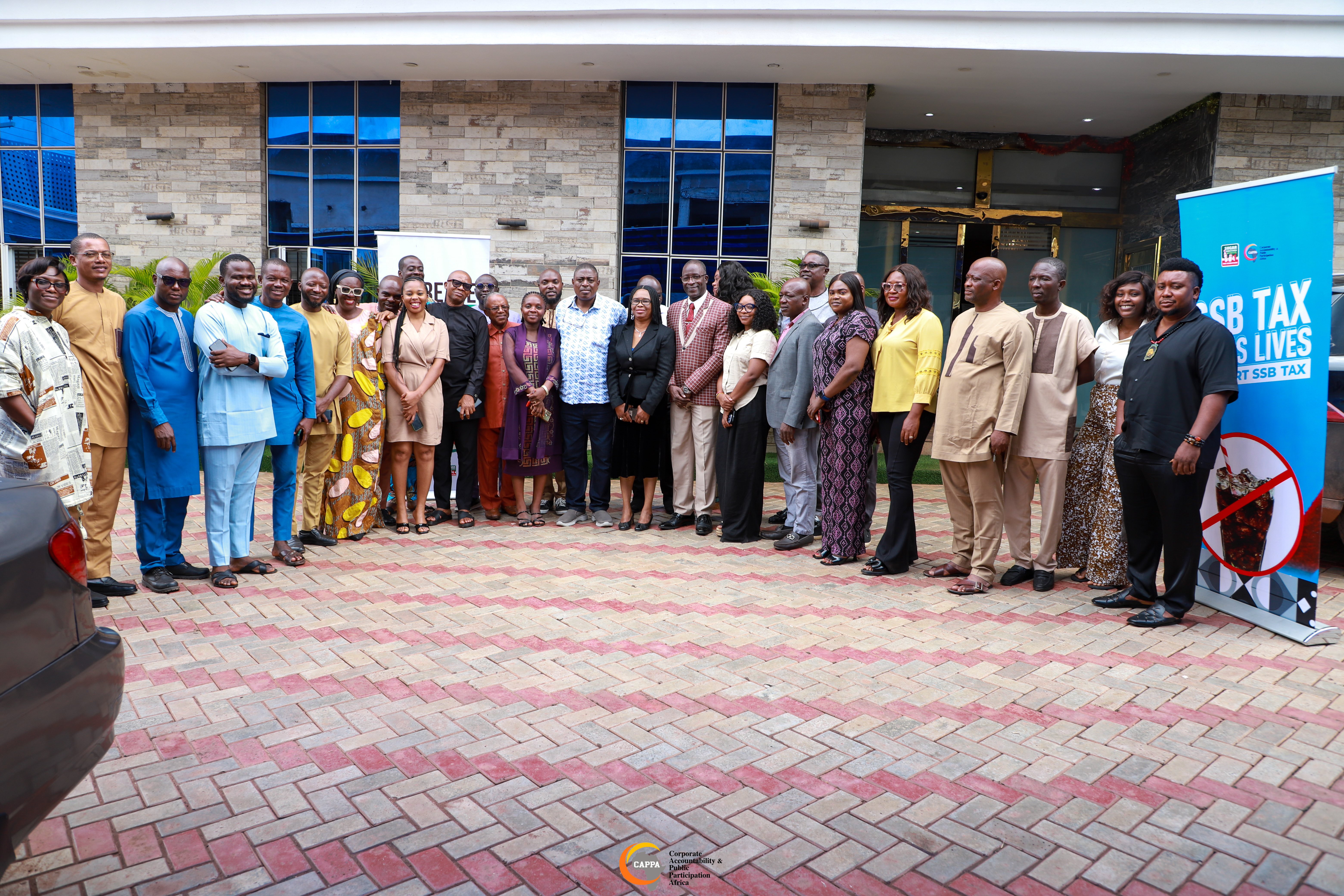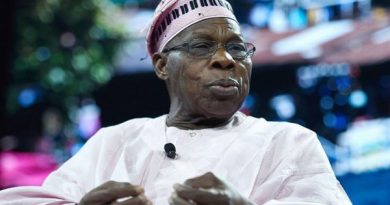NGO warns against excess intake of sugar-laden foods, beverages; advocates SSB tax increase to ₦130 per liter for Nigeria
The Corporate Accountability and Public Participation Africa (CAPPA), a Non-Governmental Organization has cautioned Nigerians against excess intake of ultra-processed “food” products (UFPs). especially sugar-laden drinks that masquerade as refreshment.
Mr Akinbode Oluwafemi, Executive Director of CAPPA, gave the warning on Friday at the ongoing 2-Day Journalism Training on Sugar-Sweetened Beverages (SSB) Tax and Industry Interference in Enugu.
Oluwafemi said Nigeria was currently facing an alarming rise in non-communicable diseases (NCDs), including type 2 diabetes, heart disease, and obesity due to the consumption of sugar-laden/sweetened foods.
“These diseases, once considered rare, are now commonplace, cutting across income levels and age groups.
“Our hospitals are overflowing with patients; our families are burdened with healthcare costs, and our productivity is shrinking.
“Noncommunicable diseases currently account for about 30 per cent of all deaths annually in Nigeria, ” he said.
Oluwafemi regretted that there was an aggressive sugary drinks industry that manufactures and profits from these unhealthy diets.
“While deploying misinformation campaigns and lobbying to delay or block life-saving policies and interventions such as the SSB tax, ” he said.
The CAPPA boss described the SSB tax as a public health policy that imposes a levy on sugary drinks to discourage excessive consumption, reduce sugar-related diseases, and generate revenue for health promotion.
“In Nigeria, this tax was introduced in 2021 at ₦10 per litre of any sugar-sweetened, non-alcoholic beverage, and carbonated drinks.
“From the outset, Nigeria’s current ₦10 per litre SSB tax, while well-intentioned, is and has always been ineffective, ” he said.
According to him, research has shown that an increase of the SSB tax to at least ₦130 per litre is the effective threshold on sugary drinks for Nigeria.
” Research has also shown that taxing sugary drinks at meaningful levels saves lives.
“WHO has repeatedly advised that an SSB tax that causes at least a 20 per cent increase in the retail prices of sugary drinks lead to a proportional reduction in consumption, ” he said.
He said the WHO recently urged Nigeria to raise prices of sugary drinks, alcohol and tobacco by 50 per cent through taxation to curb rising non-communicable diseases.
Oluwafemi added that WHO had expressed confidence that health taxes were one of the most efficient tools to cut the consumption of harmful products.
He said the training was not just about reporting taxes, but about equipping Journalists with tools to tell the story of a growing public health crisis.
“The public needs stories that centre on the lived experiences of ordinary Nigerians whose health is being sacrificed on the altar of sugary profits.
“The health of over 200 million Nigerians must take precedence over the bottom line of a handful of beverage companies, ” Oluwafemi said.




